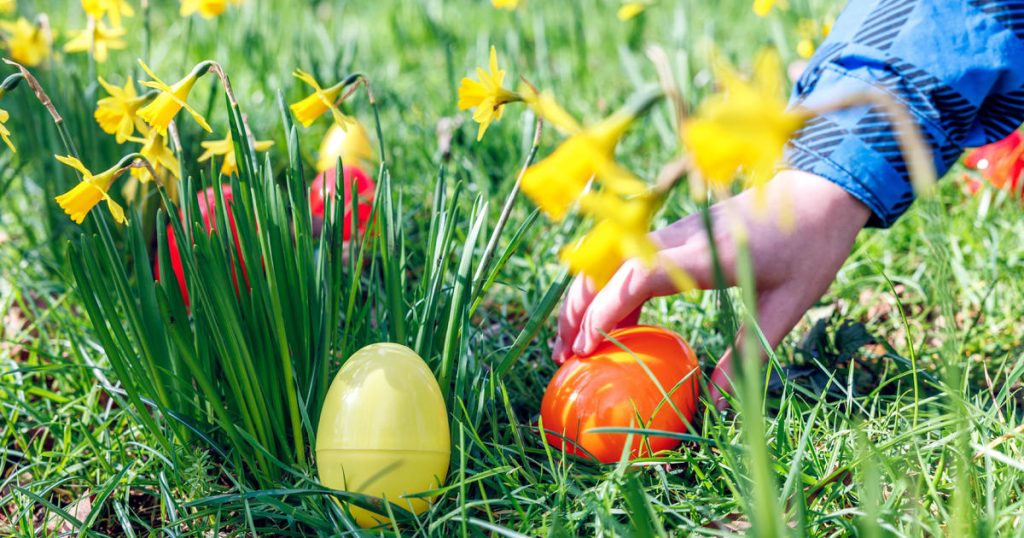The origins of Easter traditions can be traced back to various cultural and religious practices throughout history. Many Americans celebrate Easter with family and friends, participating in activities such as Easter egg hunts and enjoying treats. Retailers and restaurants often adjust their hours of operation on Easter Sunday to accommodate the holiday. Some places that are typically open on Easter include Barnes & Noble, CVS, and Trader Joe’s, while others may have special hours or be closed for the day. Popular restaurants and fast-food chains like Applebee’s, Chik-fil-A, and Olive Garden are typically open on Easter for those looking to dine out.
Some Easter traditions, such as decorating eggs and giving Easter baskets filled with treats, have historical origins that date back to ancient civilizations. The custom of dyeing and decorating eggs has roots in the Pagan festival of Ostara, which celebrated the coming of spring and fertility. The tradition of the Easter bunny delivering eggs is believed to have originated in Germany in the 16th century. Over time, these customs have been assimilated into Christian celebrations of Easter, which commemorate the resurrection of Jesus Christ. Today, Easter is a blend of both religious and secular traditions that bring people together to celebrate the holiday.
Millions of Americans partake in Easter celebrations each year, creating a vibrant and festive atmosphere during the holiday season. Retailers and restaurants often capitalize on this by offering special promotions and products to cater to customers during this time. Many stores and eateries adjust their hours of operation on Easter Sunday to accommodate the increased foot traffic and demand for goods and services. While some places may be closed for the holiday, others remain open to provide convenience to customers looking to shop or dine out.
As Easter is a time for gathering with loved ones, many people participate in festivities such as Easter egg hunts and family dinners to mark the occasion. In addition to traditional activities, many families also attend religious services to commemorate the religious significance of Easter. Churches often hold special services and events during Easter week, culminating in Easter Sunday celebrations. For those who observe the religious aspect of the holiday, Easter is a time to reflect on the importance of faith and renewal, as symbolized by the resurrection of Jesus Christ.
The cultural significance of Easter traditions varies across different regions and communities, with each group adding its unique customs and practices to the holiday. Whether it is through traditional foods, festive decorations, or special events, Easter is a time for people to come together and celebrate in their own way. The diversity of Easter traditions reflects the rich tapestry of cultures and beliefs that make up American society, showcasing the unity in diversity that is celebrated during this special time of year. By embracing and honoring these traditions, individuals can connect with their heritage and create lasting memories with their loved ones during the Easter holiday.
In conclusion, the origins of Easter traditions can be traced back to a mix of historical, religious, and cultural practices that have evolved over time. While some customs have ancient roots, others have been adapted and incorporated into modern celebrations of Easter. Whether it is through decorating eggs, giving Easter baskets, or attending religious services, people come together to celebrate the holiday in their own unique way. As retailers and restaurants adjust their hours of operation to accommodate the increased demand during Easter, the holiday spirit is felt across the country as families and friends gather to commemorate this special time of year.


